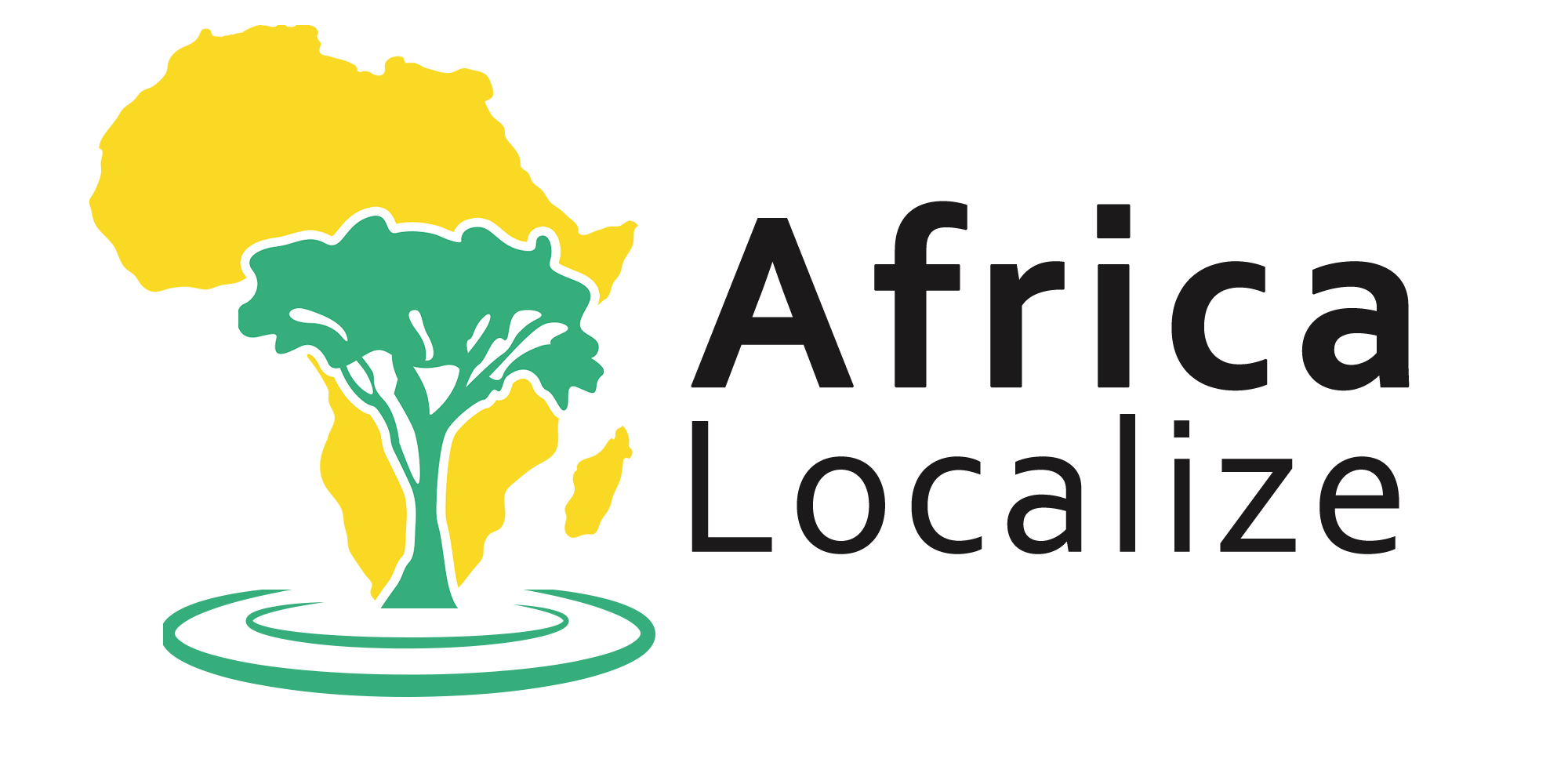Expand your business by translating into Afrikaans

Working in Africa? Here is why you need to consider Translation into Afrikaans…
The African continent is expanding in many domains; like agriculture, technology, and finance. This rapid growth is due to the accelerating development of infrastructure and water resources in many countries.
As a result of this development, Africa is becoming a great hub to expand your business.
To ensure success in Africa, you need to be able to communicate with the diverse community, by adapting either to their language or their culture.
Nelson Mandela once said: “If you speak to a man in a language he understands, it goes to his head. If you speak to him in his language, it goes to his heart.”
Afrikaans is the best language aid you may have and is widely spoken in Africa which will help reach your audience easily.
Origins of Afrikaans language
It’s a modified form of the 17th-century Hollandic Dutch dialect. As a result of the Dutch colonization of South Africa, the name Afrikaans interprets “Africa” in Dutch, it’s also called Cape Dutch.
It belongs to the West Germanic branch of the Indo-European language family. It is closely related to European Dutch (as spoken in the Netherlands and Belgium).
Although Afrikaans has adopted words from other languages, including German and the Khoisan languages, 90 to 95% of the vocabulary of Afrikaans is of Dutch origin as estimated.
Therefore, differences with Dutch lie in the morphology and grammar of Afrikaans and spelling that expresses Afrikaans pronunciation rather than standard Dutch.
Afrikaans has several dialects due to the contact with many immigrants from different groups. They are as follows:
● Cape Afrikaans: Was influenced by the language of the people of Malay, who were brought in to work on a sugar plantation
● Orange River Afrikaans: Was influenced by the neighboring Khoi language
● East Cape Afrikaans: It came as a result of contact between Dutch and English colonizers and Xhosa tribes of Southern and Eastern Cape
Where is Afrikaans spoken?

It is currently one of the eleven official languages spoken in South Africa, where over 23 million people speak Afrikaans. It’s South Africa’s 3rd most spoken language after Zulu and Xhosa. So, it is the world’s youngest official language.
It’s the dominant language in the Western and Northern Cape, and the most spoken common language by South Africans as well as many of South Africa’s Muslim community.
It is also spoken in neighboring countries like Lesotho, Botswana, Malawi, and the Portuguese-speaking country of Mozambique.
Afrikaans is spoken only in South Africa. You can easily find Afrikaans speakers in countries like Australia, Belgium, Canada, Germany, New Zealand, the United Kingdom, and the Netherlands.
The language is also spoken by 10% of Namibia’s population.
Why Afrikaans Is Important For Your Business
As explained before, it is really important to speak to your customer in their language.
Afrikaans is spoken by 23 million people only in South Africa. So, providing your marketing messages in their language will let them feel their voice is heard and understood.
This might be your gate to a wide base of customers who speak Afrikaans, wherever they are.
Below are some reasons why Afrikaans should be in your business languages list:
- Afrikaans has experienced a growth in use in the private sector. Compared to the native African languages.
- It is widely used in religious purposes, broadcasting, and educational texts.
- As a national language, Afrikaans is considered a major business asset when working with South African entities.
- The simplicity of the language makes it a growing language as it attracts many foreigners to learn it, thus a bigger audience and client base.
Conclusion
With the quick rise and development in the African continent, it is highly attracting many companies to invest there in the coming years.
If you are one of them, you should not forget about talking to your future customers in their language. Afrikaans can help you achieve this easily.
It is spoken in many African countries, especially in the region of South Africa.
